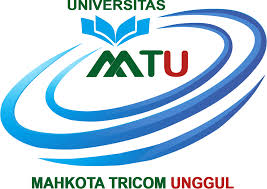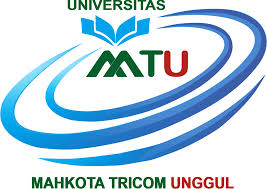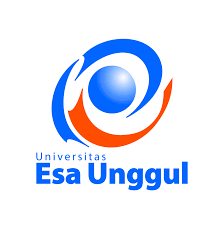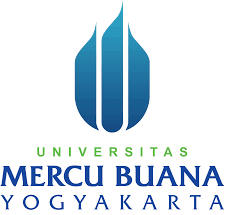Analysis of Knowledge Management Implementation on Employee Performance in the Rubber Tyred Gantry (RTG) Division of PT Prima Multi Peralatan
DOI:
https://doi.org/10.55927/ijbae.v3i6.12145Keywords:
Knowledge Management, Knowledge Creation, Knowledge Assimilation, Knowledge Dissemination, Knowledge ApplicationAbstract
The objective of this study is to obtain empirical evidence and conduct an analysis of the impact of Knowledge Management Implementation on Employee Performance within the Rubber Tyred Gantry (RTG) Division at PT Prima Multi Peralatan. This research adopts a quantitative, survey-based approach employing an associative method. The study population consists of all employees within the RTG Division at PT Prima Multi Peralatan, located at the Belawan Container Terminal, totaling 58 individuals, with the sample size comprising the entire population (census sampling). Data collection was conducted directly by the researcher through observations, the administration of structured questionnaires, and the review of relevant documentation. This study employs a quantitative descriptive methodology, with data analysis designed to test the hypotheses and address the research questions posed. The data analysis was performed using Partial Least Squares – Structural Equation Modeling (PLS-SEM) with SmartPLS version 3 software.
Downloads
References
Bader, A. A. (2018). Impact of knowledge management on employee work performance: Evidence from Saudi Arabia. The International Technology Management Review, 7(1), 1-14.
Budihardjo, A. (2017). Knowledge management (2nd ed.). Jakarta: Prasetiya Mulya Publishing.
Duran, C. A., & Cordova, F. M. (2015). Synergy and technology gaps in export logistics chains between a Chilean and a Spanish medium-sized port. Procedia Computer Science, 55, 632-641. https://doi.org/10.1016/j.procs.2015.07.097
Intezari, A. (2017). Information and reformation in KM systems: Big data and strategic decision making. Journal of Knowledge Management, 21(6), 1412-1427. https://doi.org/10.1108/JKM-07-2015-0293
Jufrizen, J. (2022). The mediating role of job satisfaction on the effect of organizational support and work environment on employee performance at the Food Security and Livestock Office of North Sumatra Province. Jesya (Jurnal Ekonomi & Ekonomi Syariah), 5(1), 262-278. https://doi.org/10.18592/jesya.v5i1.5824
Juliandi, A. (2018). Structural equation model partial least square (SEM-PLS) using SmartPLS. Batam: Universitas Batam.
Mangkunegara, A. P. (2017). Manajemen sumber daya manusia perusahaan. Bandung: Remaja Rosdakarya.
Meliana, D. L., Sofia, A. S., & Olivia, F. (2020). Knowledge management and human resource development on the performance of employees at Bank Mandiri KC Tahuna. Vol 1(4), 334-338.
Pranogyo, A. B., Hamidah, & Suyatno, T. (2022). Kinerja karyawan: Teori pengukuran dan implikasi. Feniks Muda Sejahtera.
Probosari, N., & Yuni, S. (2017). Manajemen pengetahuan: Pendekatan konsep dan aplikasi riset. Yogyakarta: ISBN.
Sedarmayanti. (2019). Sumber daya manusia: Reformasi birokrasi dan manajemen pegawai negeri sipil (Revised ed.). Bandung: Refika Aditama.
Sugiyono. (2015). Metode penelitian kuantitatif, kualitatif, dan R&D (1st ed.). CV Alfabeta.
Sutrisno, E. (2016). Manajemen sumber daya manusia. Kencana Prenada Media Group.
Tjakraatmadja, J. H. (2015). Why boost business results through knowledge management. Paper presented at the Knowledge Management Summit Indonesia 2015, Jakarta, Indonesia.
Uyun, N. (2021). Manajemen sumber daya manusia. In Edisi Revisi (Vol. 4). Jakarta: Bumi Aksara.
Yikilmaz, İ. (2023). A dynamic capability to determine business performance in the post-COVID-19 era: Organizational agility. In Change management during unprecedented times (pp. 206-227). Pennsylvania: IGI Global.
Downloads
Published
How to Cite
Issue
Section
License
Copyright (c) 2024 Eqy Gusti Immanuel Saor Kembaren, Prihatin Lumbanraja, Vivi Gusrini Rahmadani Pohan

This work is licensed under a Creative Commons Attribution 4.0 International License.






























